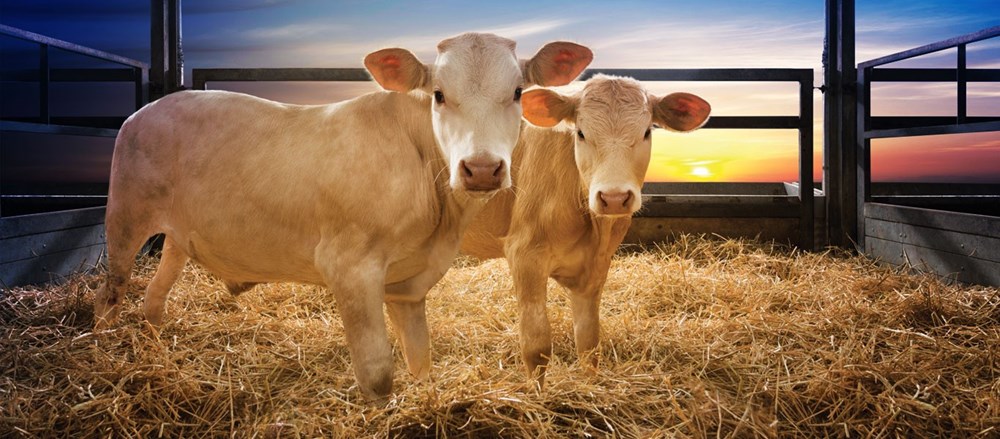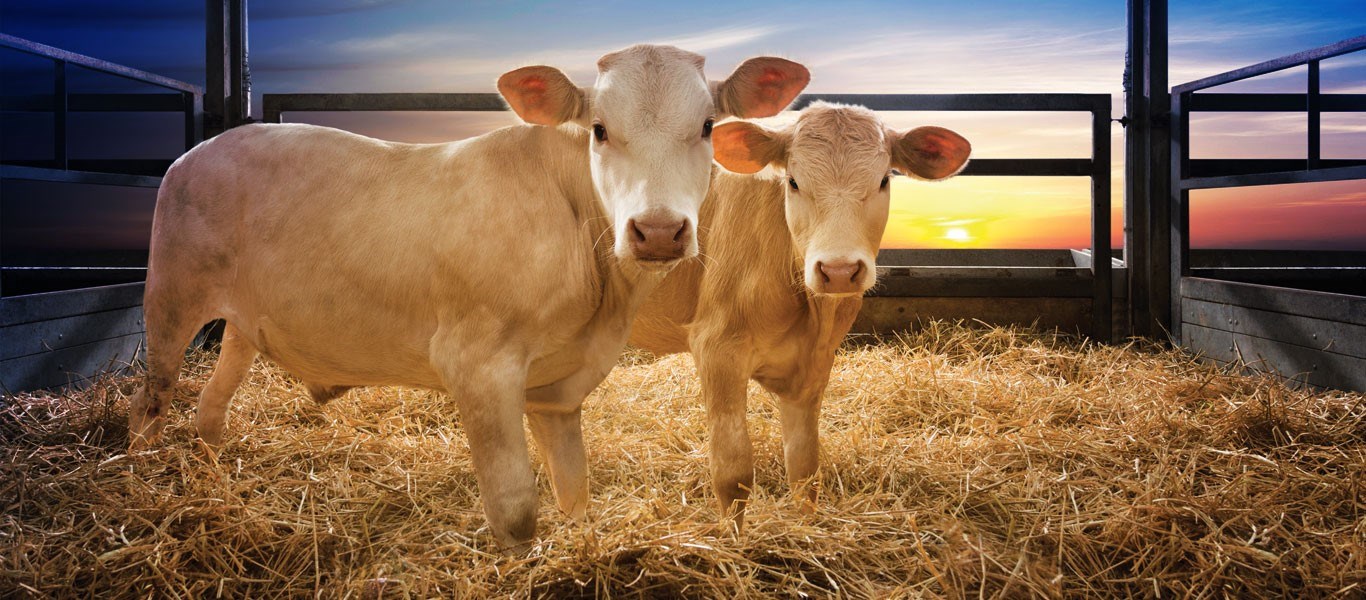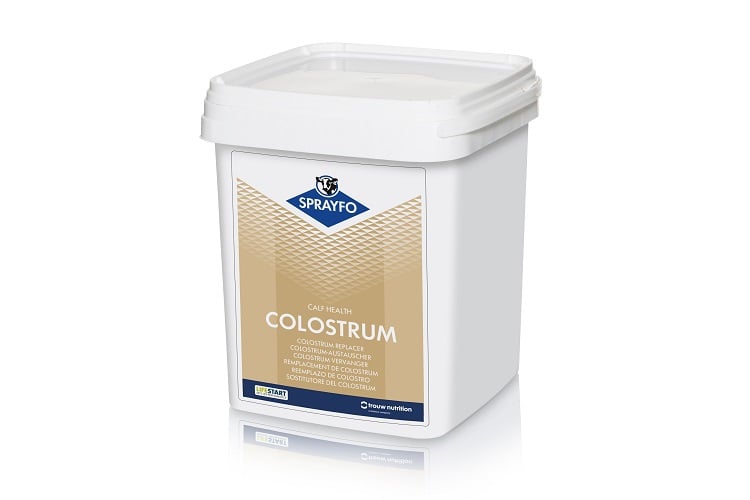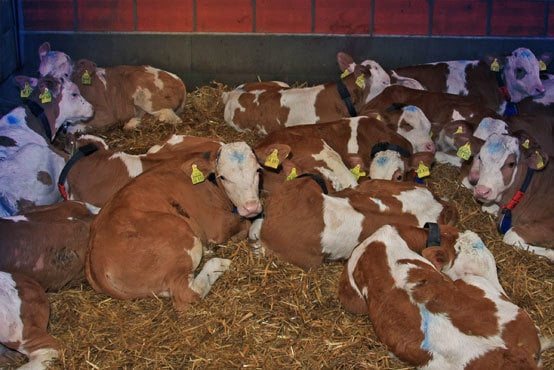
Managing respiratory health in young calves can be a challenge. To ensure dairy calves reach their future potential, maintaining good respiratory health is of the utmost importance. When the respiratory system is being challenged, a calf first increases mucus production which helps it to clear its airways. As a result of this, calves often have a runny nose.
How to minimize the risk of respiratory problems?
It is important to ensure optimal environmental conditions and to increase immunity of your calves. Several steps can be taken to prevent respiratory problems. These steps are included in a protocol to maximise respiratory health.
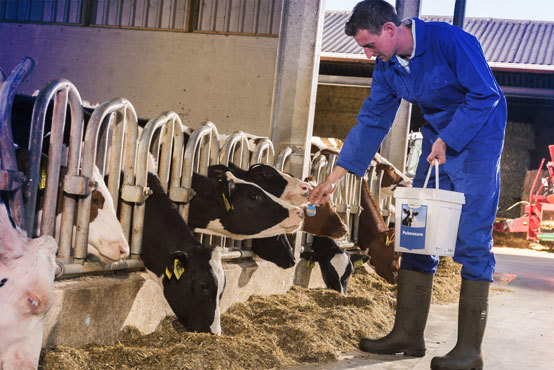
Take action once a prevention programme doesn’t work and recognise the early signs
A prevention programme doesn’t always work.
Therefore, recognise the early signs such as coughing and a runny nose and to act upon them early. If you do so, it may be possible to clear the airways by stimulating mucus secretion, with a product such as Farm-O-San Pulmosure LD.
How to recognise calves that need additional support?
Calves requiring additional support can be identified by recording the rectal temperature of the entire herd. Once the rectal temperature of a calf is 39.5 °C or greater, it is time to consult a veterinarian.
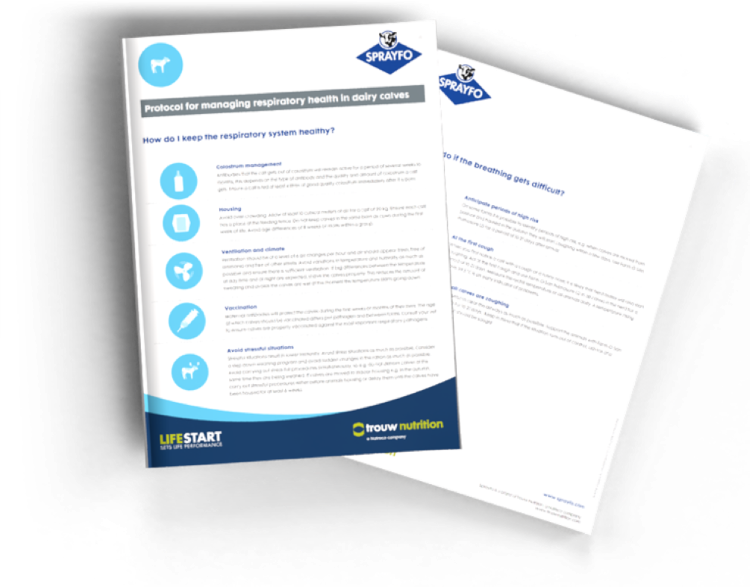
Protocol for managing respiratory health in dairy calves
Download the protocol for managing respiratory health in dairy calves
Register once and download all you need
You can access all of our documentation such as the science behind Sprayfo and LifeStart research documents, Sprayfo technical bulletins about various calf diseases and technical product data sheets or feeding schedules.
Sprayfo protocol to maximise respiratory health of calves
 Feed 4 liters of high quality cow colostrum within the first hour
Feed 4 liters of high quality cow colostrum within the first hour
Ensure calves get at least 4 litres of good quality colostrum within 1 hour; this improves the immune status while the immune system of the calf develops.
 Correct housing of calves can improve respiratory health
Correct housing of calves can improve respiratory health
-
Calves should be separated from their dam within 24 hours after birth and they should be housed separately from the cows.
-
Avoid a difference in age of more than 4 weeks within a group of calves if the calves are moved to group housing.
-
Avoid over-crowding.
 A correct climate is a key to success
A correct climate is a key to success
-
Keep the environment clean and dry.
-
Provide sufficient amounts of bedding material.
-
Avoid variations in humidity and temperature.
-
Shave the calves if significant differences between the temperature at day time and at night occur. This reduces the amount of sweating, so calves will not be wet when the temperature starts going down in the evening.
-
Air should appear fresh and free of smells.
-
Ventilation should result in 6 air changes per hour.
-
A calf of 90 kg should have an airspace allowance of at least 10 cubical meters of air.
 Protect against critical respiratory pathogens
Protect against critical respiratory pathogens
Calves should be properly vaccinated against the most important respiratory pathogens of calves, consult your veterinarian for advice on a vaccination programme for calves
 Reduce stress as much as possible to avoid a reduction of immunity
Reduce stress as much as possible to avoid a reduction of immunity
-
Use a step down weaning schedule for calves
-
Avoid sudden changes in the ration as much as possible.
-
Ensure each calf has enough space at the feeding fence.
-
Do not carry out stress-full procedures simultaneously, so e.g. do not wean calves at the same time they are being dehorned.
